The legal status and nature of the scientific journal's activities must be clear.
According to the Government's Submission, the draft Law on Press (amended) has added regulations on the position of the press, on press activities in cyberspace, as well as providing principles on operating models, press economics... to develop the press in the context of arranging and streamlining the organization of the political system, meeting the requirements of information and propaganda in the new era.
And, along with regulations on press development, the draft law also adds regulations to strictly manage press activities, ensuring efficiency, effectiveness and efficiency in management work.
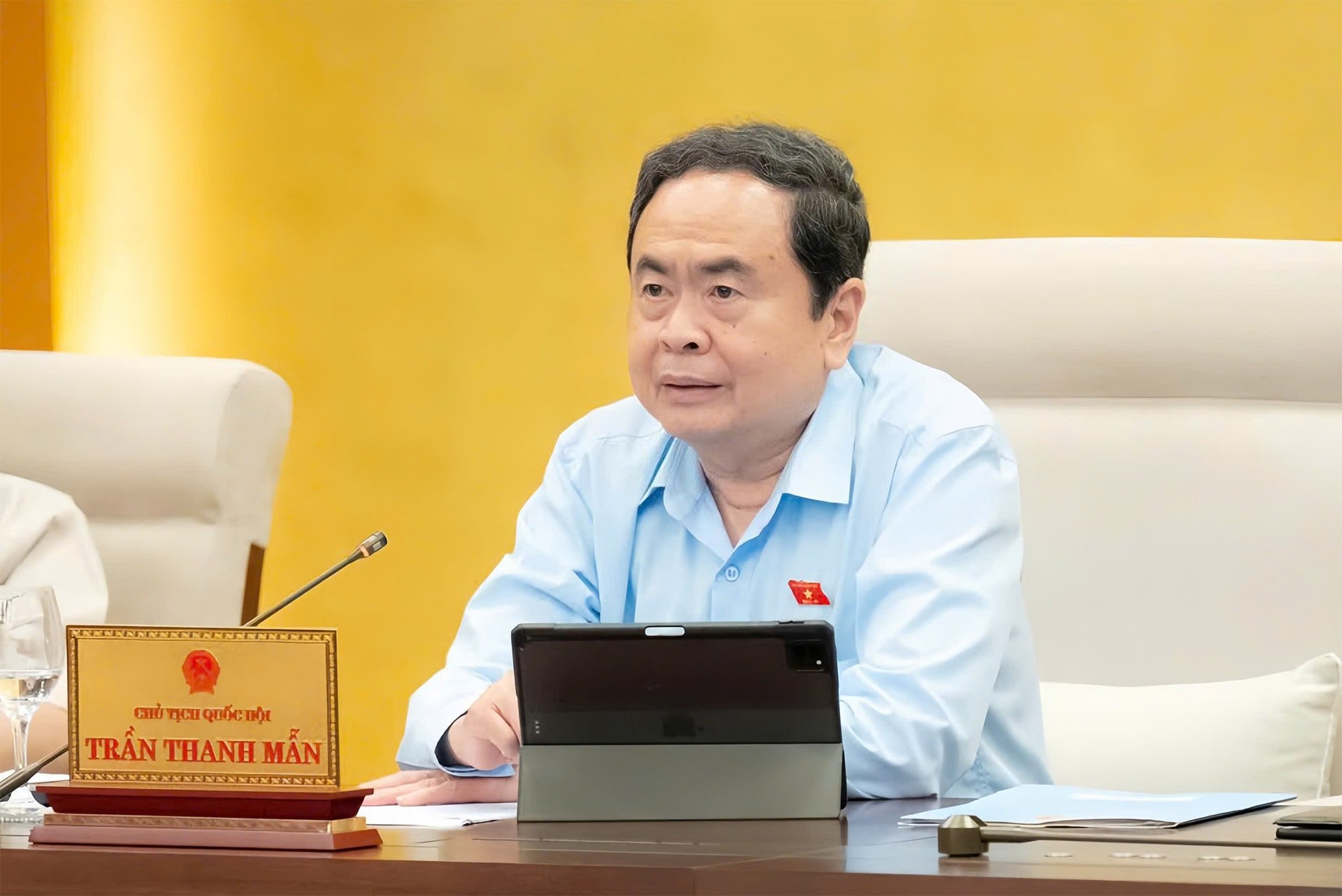
Appreciating the Ministry of Culture, Sports and Tourism for their great efforts in drafting the draft law, compared to the current Press Law consisting of 6 chapters and 61 articles, the draft law has 4 chapters and 50 articles (reduced by 2 chapters and 11 articles). To complete the draft Law, National Assembly Chairman Tran Thanh Man suggested that it is necessary to consider ensuring the consistency and feasibility of the legal system, especially the provisions of the draft Law with related laws; ensuring the requirements for strengthening the management and development of media and information types on digital platforms. There is an appropriate mechanism to develop the revolutionary press career, and increase the presence of revolutionary press on social networking platforms.
The National Assembly Chairman also suggested that it is necessary to strengthen the responsibility of the governing body and its leaders; have effective solutions to promptly and strictly rectify and handle violations, especially violations in the online environment; develop key national press agencies and groups that have the role of guiding information... "Do a good job of information and propaganda work, create consensus and social trust, arouse the aspiration to develop a strong and prosperous Vietnam and encourage good models, creative ways of doing things, good people and good deeds", the National Assembly Chairman emphasized.
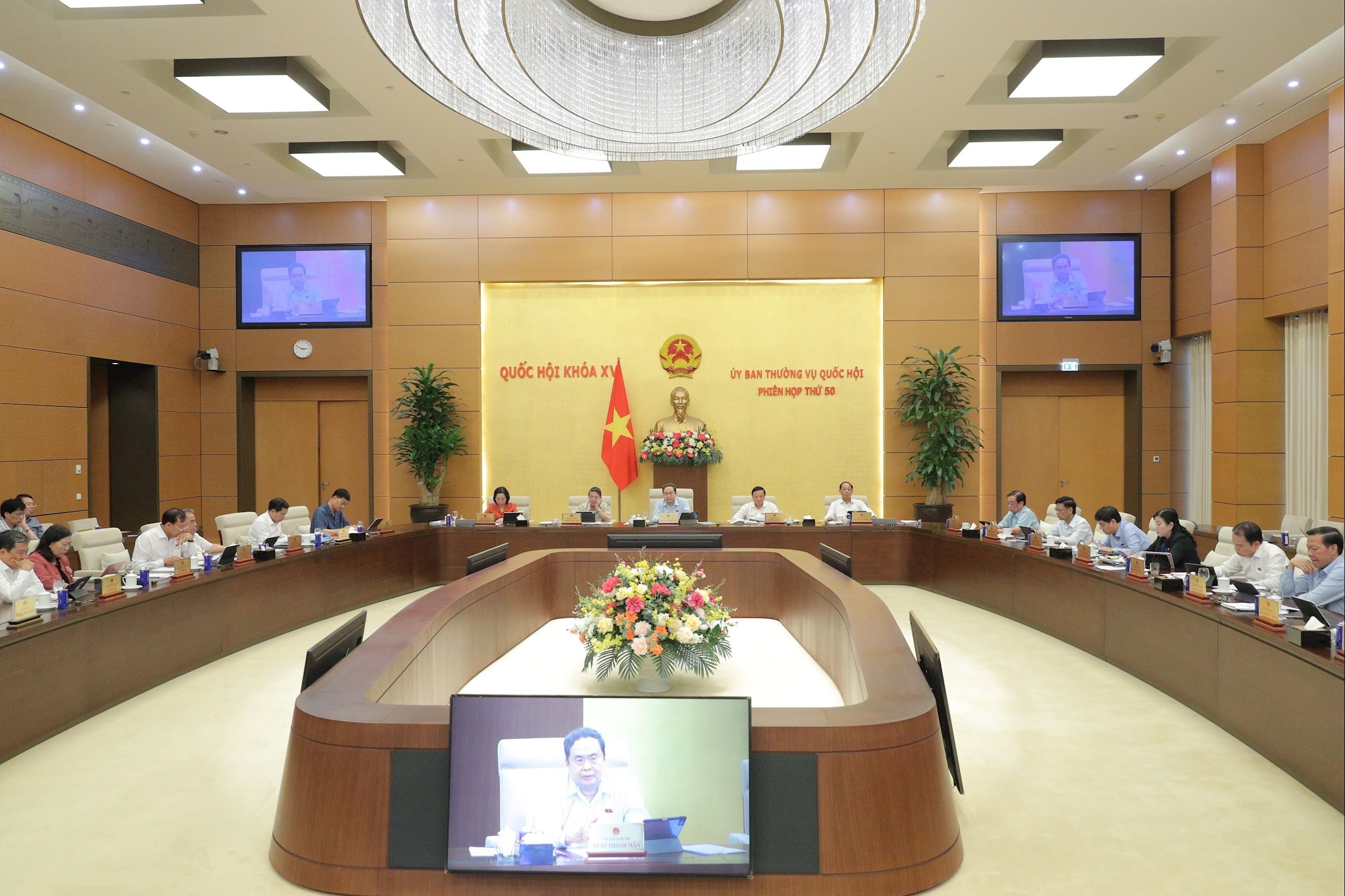
Regarding the specific content, the National Assembly Chairman welcomed Point b, Clause 1, Article 17 of the draft Law, which stipulates that science and technology organizations organized in the form of academies and institutes according to the provisions of the Law on Science, Technology and Innovation are granted licenses to operate scientific journals. This is because this provision will facilitate science, technology and innovation organizations to publish scientific and technological research results, contributing to the development of science and technology in the spirit of Resolution No. 57-NQ/TW of the Politburo on breakthroughs in science, technology, innovation and national digital transformation.
However, the National Assembly Chairman pointed out that it is necessary to continue perfecting the regulations on types of scientific journals in the draft Law to clarify the legal status, nature of operations, as well as specific related issues such as: operating model, licensing procedures, standards, procedures for appointing leaders of scientific journal agencies, financial mechanisms...
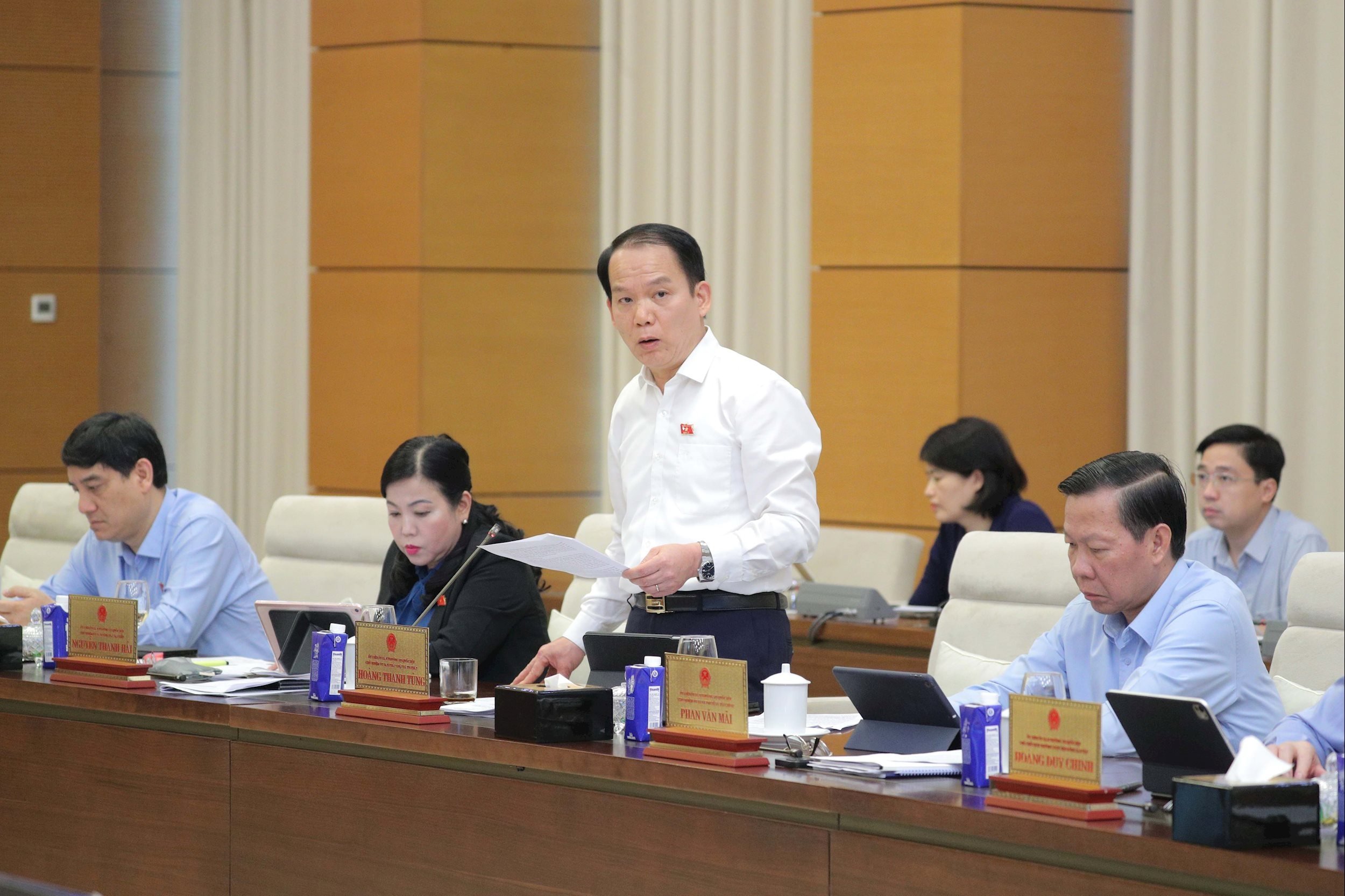
Comparing with the relevant provisions in the Law on Science, Technology and Innovation, Chairman of the Committee on Law and Justice Hoang Thanh Tung noted that the provisions in the draft Law are more restrictive in granting licenses to scientific journals to scientific and technological organizations. Therefore, it is necessary to review and ensure that the provisions are consistent with the Law on Science, Technology and Innovation.
Consider more open regulations on journalism economy
To expand the operating space for the press and develop the press economy, the draft Law stipulates that press agencies are allowed to integrate public service activities and online e-commerce into the press, including financial services, banking, insurance, education, healthcare and other utility services according to the law; provide digital content services on demand, and exploit user data according to the law.
According to the provisions of the draft Law, press agencies will also be allowed to cooperate in producing content, except for content on political news, security, national defense, and foreign affairs, to promote press agencies to exploit the value of cooperation activities to serve press development, while ensuring orientation in information on political news, security, national defense, and foreign affairs. The draft Law assigns the Government to specify in detail the cooperation in press activities, clarify the responsibilities and interests of the parties participating in the cooperation, and promote cooperation to bring value to press development.
Many regulations on new sources of revenue for press agencies have also been added in the draft Law, such as: revenue from copyright to view press works; revenue from permission to exploit and use press works; revenue from links in press activities; revenue from providing public career services assigned, ordered, or bid by competent state agencies; revenue from people who need to publish scientific research articles to have funds to review, complete, and improve the quality of articles.
Emphasizing that “press economics plays an important role for press agencies today,” Chairman of the Economic and Financial Committee Phan Van Mai approved the draft Law on the issue of press economics, even suggesting “that regulations on this content must be more open.”
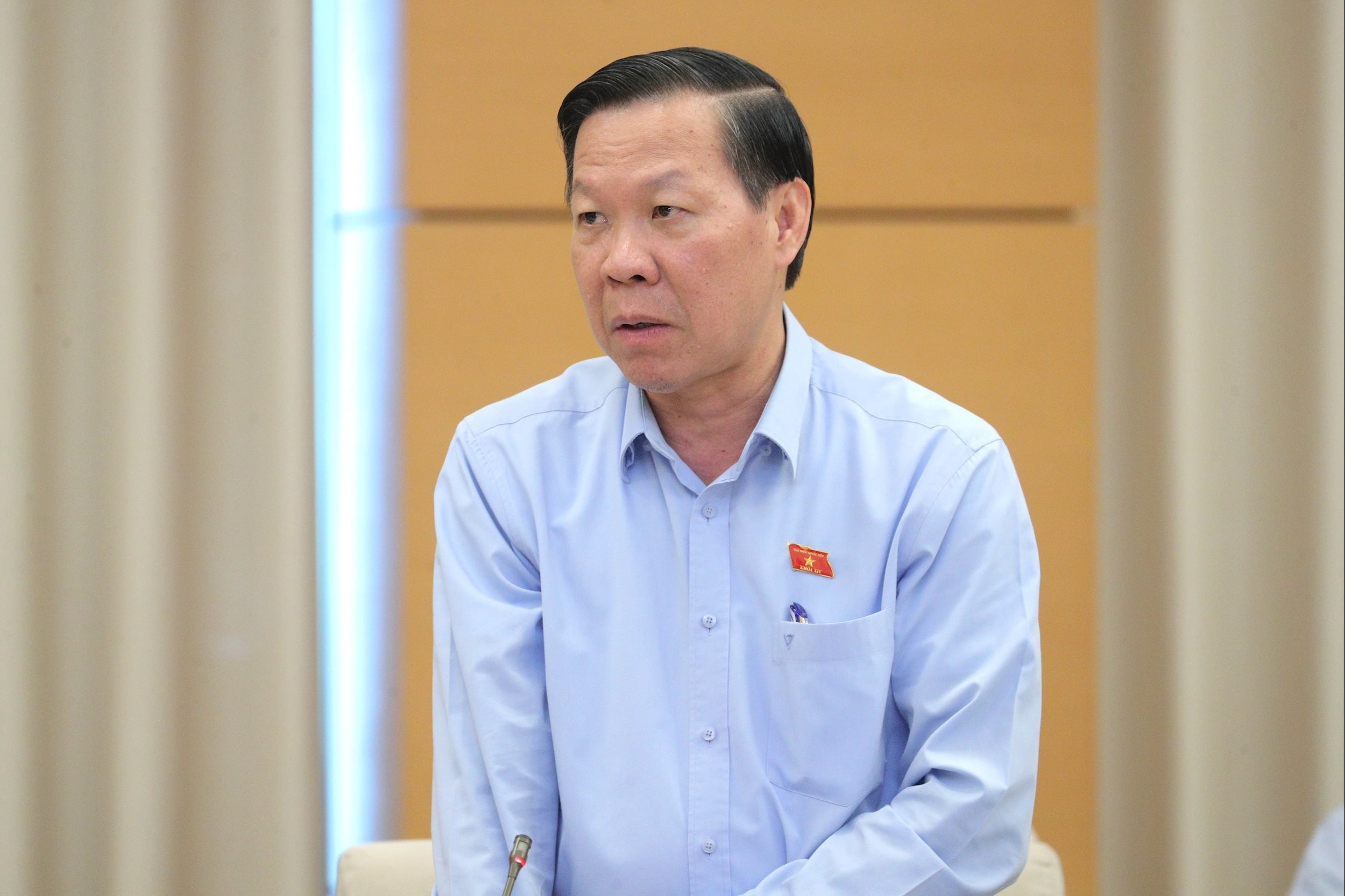
Based on the economic mechanisms for state-owned enterprises and public service units, the Chairman of the Economic and Financial Committee said that the drafting agency should study and apply these mechanisms so that press agencies can have more open press economic activities, consistent with relevant laws.
According to Vice Chairman of the National Assembly Nguyen Duc Hai, the economy is a broad concept, it is a relationship between supply and demand, it is business. On the other hand, if it is only regulated as a public service unit or a public unit, it will be difficult to operate because many press agencies are organized as an economic unit, accepting bank loans, doing business so that the products are effective and have revenue to cover costs and fulfill obligations to the state.
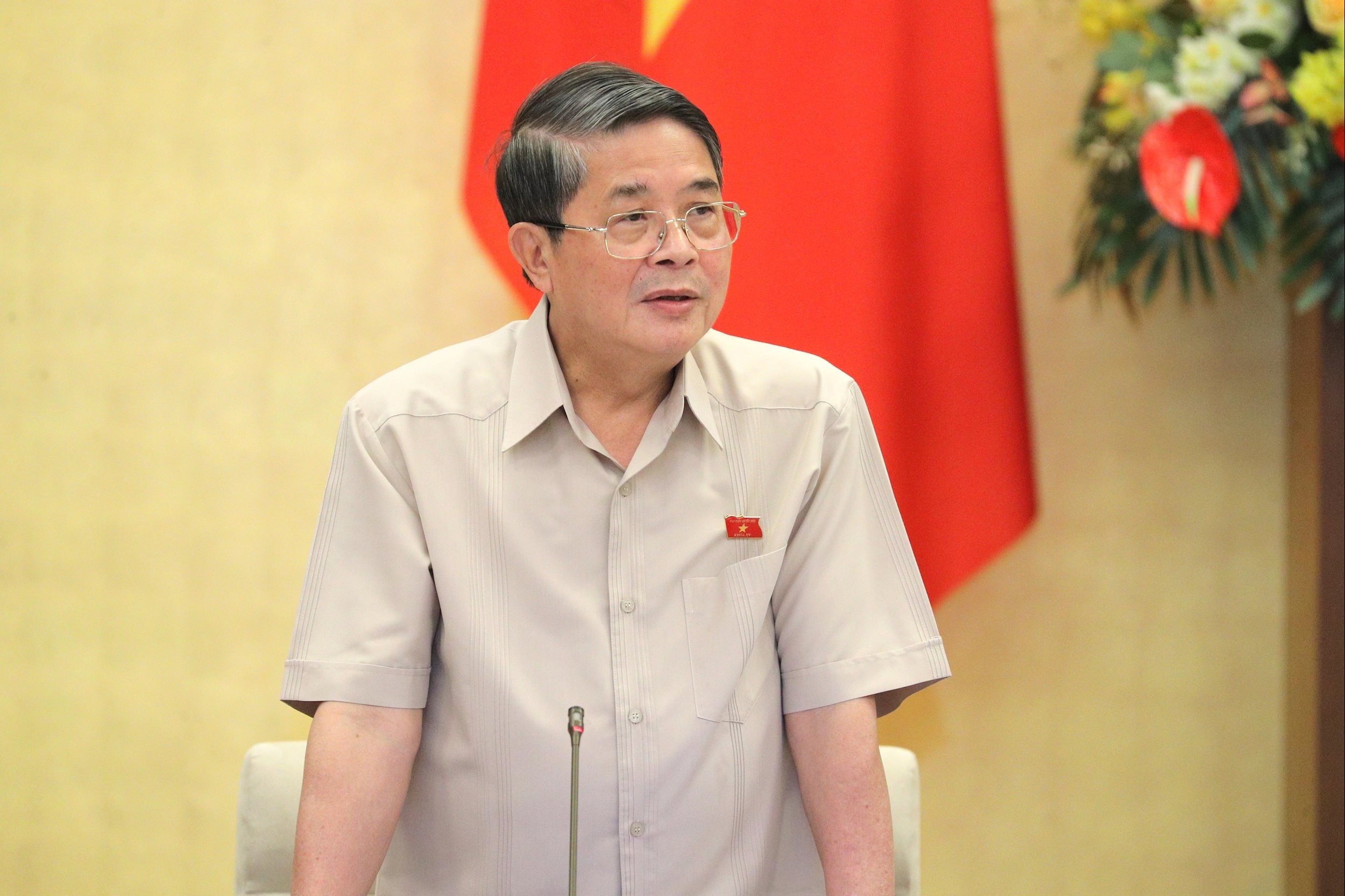
Therefore, the Vice Chairman of the National Assembly suggested that, along with regulations on press revenue sources, the draft Law should be supplemented with a number of regulations on finance, assets, etc. to help ensure the autonomy of press agencies. At the same time, it is necessary to supplement regulations on principles on mobilization and relief activities of press agencies when floods and natural disasters occur.
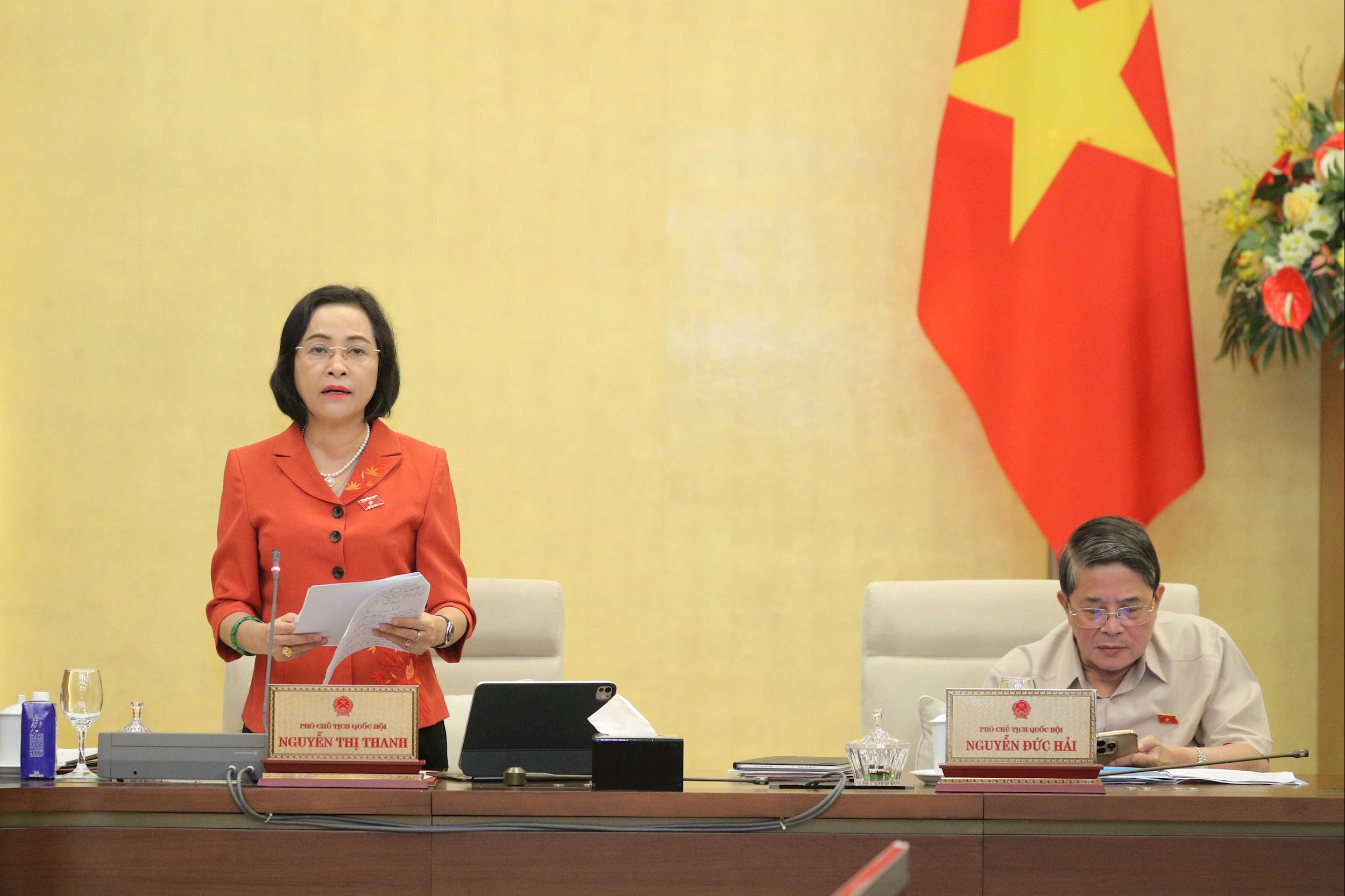
In her concluding remarks, Vice Chairwoman of the National Assembly Nguyen Thi Thanh suggested that the drafting agency continue to provide more specific and feasible regulations on policies to support press development, especially for press serving political tasks, press in remote areas, border areas, islands and digital press. At the same time, clarify resources and financial mechanisms to implement the ordering, bidding and assignment mechanism, ensuring consistency with relevant laws, avoiding overlap, creating conditions for press agencies to promote autonomy and creativity, while still maintaining the guiding role of the state.
Source: https://daibieunhandan.vn/du-thao-luat-bao-chi-sua-doi-mo-rong-khong-giant-cho-kinh-te-bao-chi-phat-trien-10389612.html



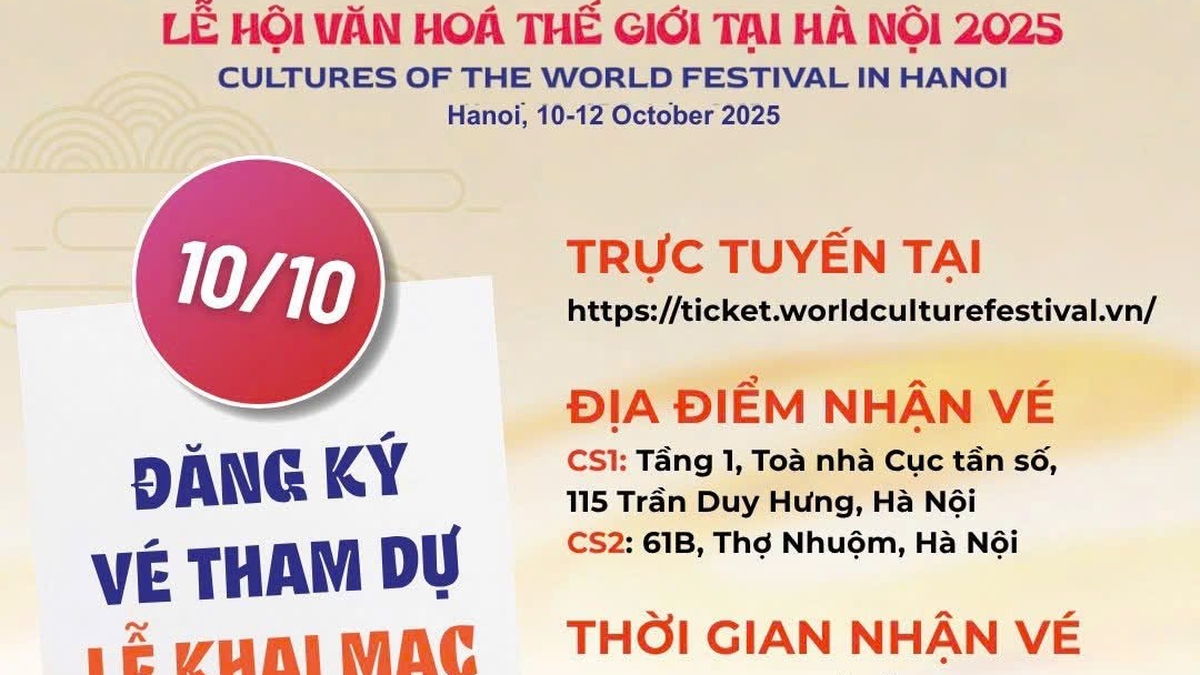
![[Photo] Prime Minister Pham Minh Chinh chairs a meeting of the Government Standing Committee on overcoming the consequences of natural disasters after storm No. 11](https://vphoto.vietnam.vn/thumb/1200x675/vietnam/resource/IMAGE/2025/10/09/1759997894015_dsc-0591-jpg.webp)


![[Photo] Prime Minister Pham Minh Chinh chairs the Conference to deploy the National Target Program on Drug Prevention and Control until 2030](https://vphoto.vietnam.vn/thumb/1200x675/vietnam/resource/IMAGE/2025/10/09/1759990393779_dsc-0495-jpg.webp)
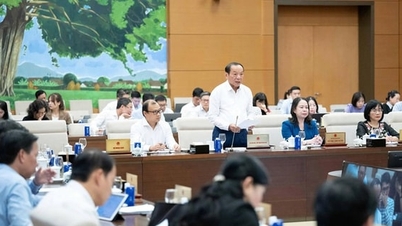






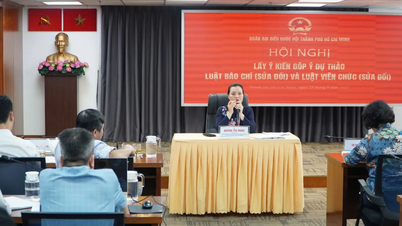



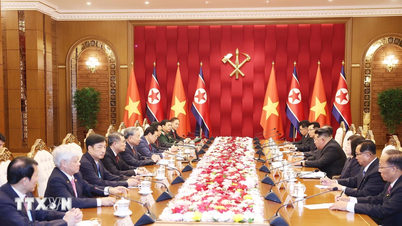


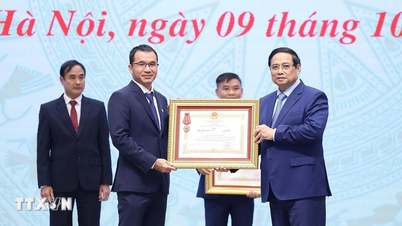
![[Video] Opening of the 1st Congress of Tay Ninh Provincial Party Committee: Building Tay Ninh into a strategic connection center](https://vphoto.vietnam.vn/thumb/402x226/vietnam/resource/IMAGE/2025/10/09/1760014702739_tay-ninh-jpg.webp)






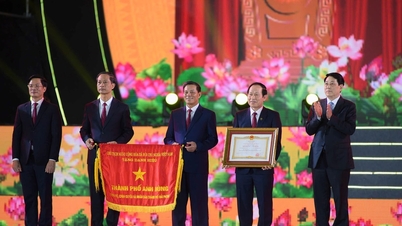
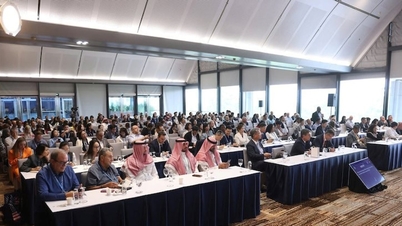
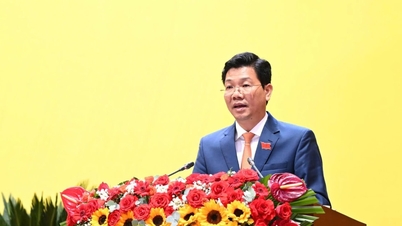
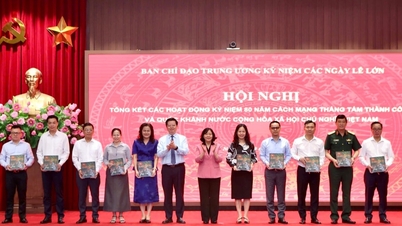
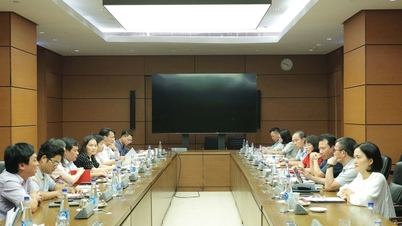





































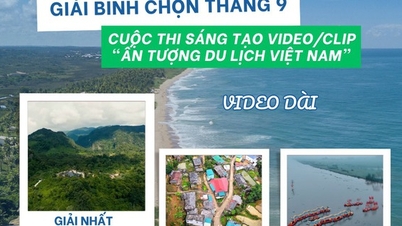




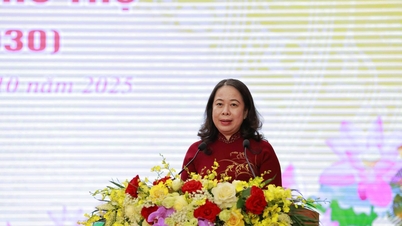



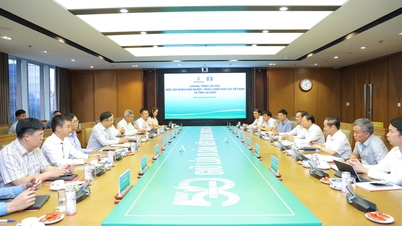
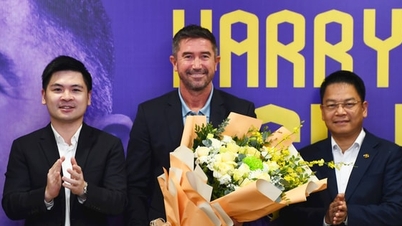
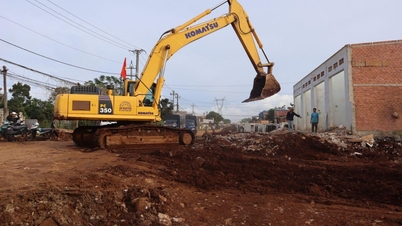
















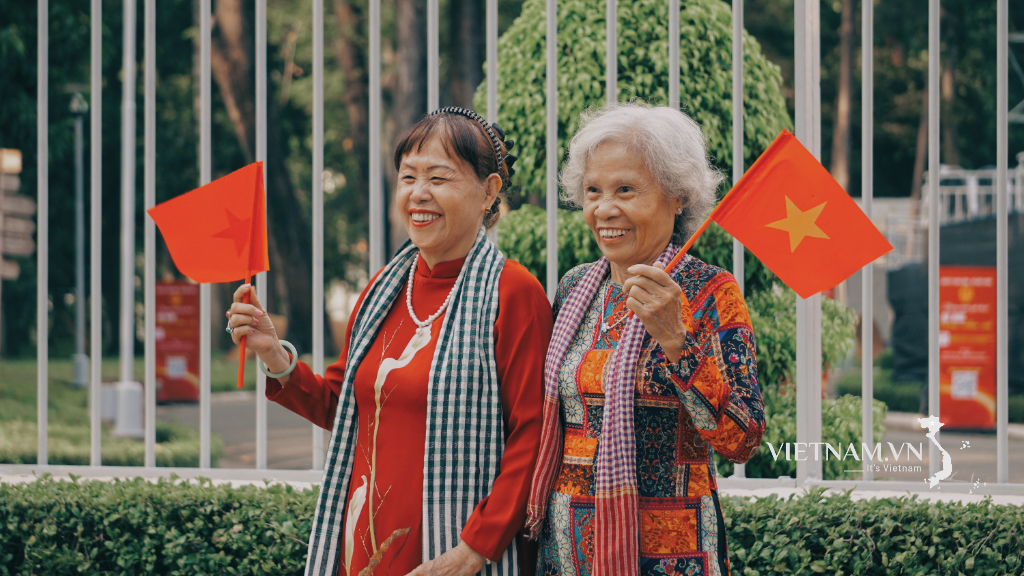

Comment (0)